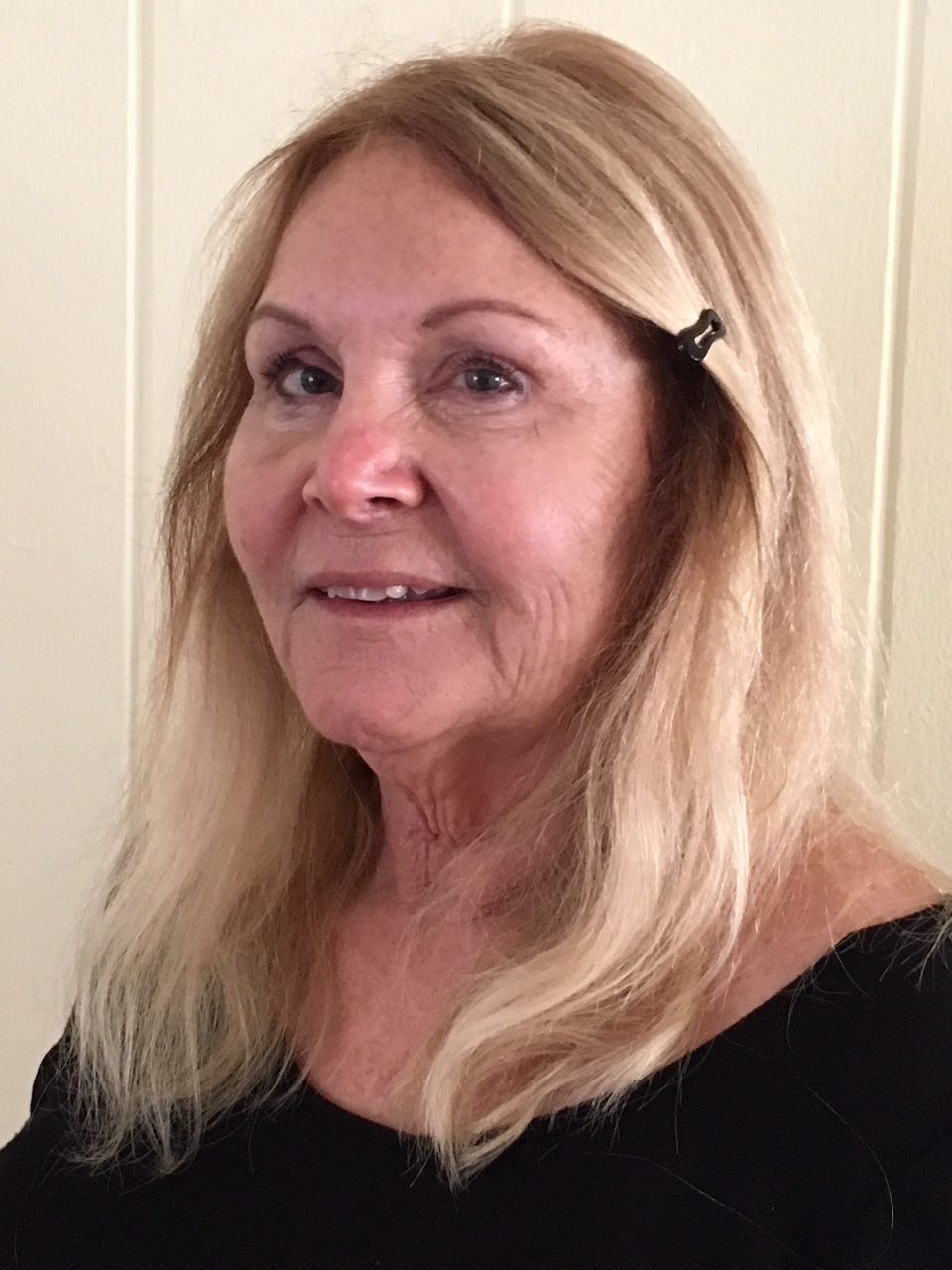MUCH OF UCLA POLITICAL SCIENTIST Darin Christensen’s work revolves around helping people in developing countries reap the rewards of economic prosperity. And it looks for ways to do so without the environmental damage and violent conflict that too often accompany efforts to improve life in many parts of the Global South.
The problems he confronts are as basic as life itself: How to overcome a farmer’s fear that preserving a forest would cost him the ability to support his family? Or a miner’s concern that abandoning the use of deadly mercury to obtain gold from ore would cost him his livelihood? Or concerns that attempts to extract the so-called “conflict minerals” would result in injury or death? Or that negotiating a bad development deal would shortchange an entire village?
Christiansen arrived at UCLA in 2016 fresh from graduate school at Stanford. He recently received tenure as a professor of public policy and political science in the Luskin School of Public Affairs. His interest is mitigating problems related to international development. He studies the causes and consequences of conflict and looks for ways to promote stability and goods and services that improve the quality of life while also reducing risks to health, safety and the environment.
He co-founded and is co-executive director of the UCLA-based Project on Resources and Governance (PRG), a research initiative focused on the Global South — socially and economically less-developed communities in the southern hemisphere. PRG helps people in these communities receive a fair shake during bargaining over development rights. It works through sub-society organizations, locally active alliances with national or international reach.
“I’m not an advocate, I’m not a mobilizer; I’m a researcher,” Christensen said during a recent interview on campus, near the Public Affairs Building that houses his sixth-floor office.
“I feel the value I can add is to help organizations understand whether the work they are doing is having the impact they hoped for,” Christensen said. That entails working with the organizations to understand what types of problems they are facing, how they can address them, and whether the steps they take to address them are effective.
CHRISTENSEN GREW UP IN NORTHERN IDAHO and went to high school in a small town where few students went on to college. Almost none traveled to schools outside of Idaho. Christensen was the exception. He enrolled at Duke University and graduated summa cum laude in 2008 with a bachelor’s degree in political science and German.
Next came Stanford University, where, between 2011 and 2015, he earned a master’s degree in economics and a Ph.D. in political science. He said his research interest in developing countries came early in graduate school, after a summer working on a project in Sierra Leone. It was during a global food crisis. Creating development for jobs and tax revenue was important, but there was concern that communities were being asked to bargain away their land and other resources, and were not always well-informed about their choices.
Christensen’s work has taken him into such places as the Democratic Republic of Congo, Niger, Tanzania and Liberia, among others. Before COVID-19 struck, and before his two daughters were born (today, one is a preschooler and the other an infant), Christensen joked that he was probably Delta’s top accumulator of frequent flier miles. He hopes to get back to traveling more again soon.
“I try to spend time in the places where we have work,” Christensen said. “Travel is highly motivating to me.”
The work Christensen has participated in includes an evaluation of the effectiveness of due diligence programs for conflict minerals — tin, titanium and tungsten — in eastern Congo. It was undertaken by PRG, International Peace Information Service and Sub-Saharan Field Research and Consulting Services, with survey instruments designed and results review provided by Ulula, a company that helps oil, gas and mining industries assess potential environmental, social and governmental risks.
The researchers found mixed results. Areas with due diligence programs saw less interference by government armed forces, for example, and some evidence of greater economic well-being of the relevant communities. But researchers did not find significantly lower rates of child labor.
In a study of a forest governance project in Liberia, Christensen and two other researchers evaluated a program that recruits, trains and deploys citizens to monitor communal forest lands in 60 communities. They found that including households in forest-management decisions did not reduce forest use. It was difficult to persuade farmers to stop destroying forests by converting them to farmland without compensating them.
The study highlights the practical and ethical problems of asking people to give up their livelihood for the greater cause of environmental protection.
“One of the things we are starting to work on more is the tension between wanting to use economic development to try to address poverty” while easing some of the environmental harms that can come with it, Christensen said.
“An approach that’s both unethical and unfeasible is to tell farmers, ‘You can’t cut down this forest’ to create new farms. … It’s asking already poor people to give up their livelihoods in service of some global goal, and there is no reason why those people should be bearing the cost.
“It’s not feasible because they are not going to do it,” he said. “The choice between feeding your family and conserving the forest isn’t a choice.”
CHRISTENSEN IS AMONG RESEARCHERS working on ways that small-scale miners in Tanzania can abandon the practice of using mercury to extract gold from their ore. Using highly toxic mercury is a cheap process but brings longtime, deadly harm to the environment. Christensen says there is another method that is more efficient and not harmful, but it’s more expensive. One possible solution is to find ways to enable miners to trust each other enough to collaborate by pooling their ore for extraction, thus bringing costs down.
Another project that tries to find ways to balance the competing needs of economic well-being and environmental mitigation is one in Liberia that aims to help people negotiate better deals for the resources they are giving up to developers. Researchers found that interest-based negotiation instruction made trainees 27% more likely to reach a beneficial agreement while payoffs from the deals were 37% bigger. Researchers found that while community leaders negotiated better deals, the deals led to a reduction in deforestation as well.
What he would like to see emphasized in a future phase of study of interest-based negotiation, Christensen said, is the notion that no deal can be better than a poor one, that it’s OK to walk away from something that isn’t truly beneficial.
“I want the research that we do to be useful and applicable,” he said. “For me, it’s never been about finding gaps in the literature and trying to fill them.
“I’m much more motivated by talking with people, talking to organizations, trying to understand what is a problem they face right now, and is there some way of thinking about the problem, of measuring that problem, that might be useful.”

























